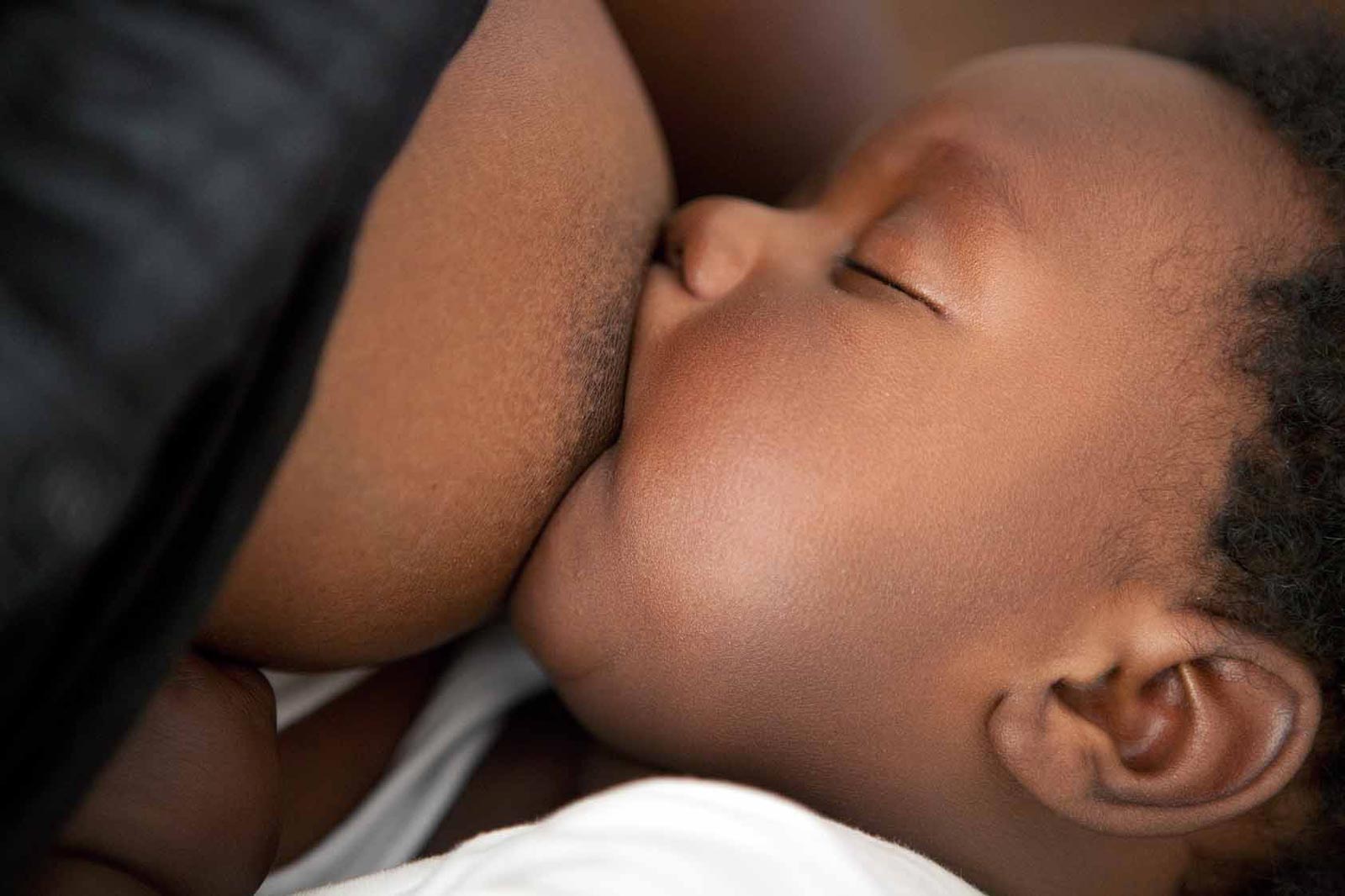A lactating mother, Rebecca has recalled how a man approached her in a supermarket and asked her if she was breastfeeding her daughter.
The unsuspecting woman nodded in affirmation but got a rude shock with the man’s next line of conversation.
While recalling the conversation between herself and the total stranger, Rebecca said, “He lingered for a minute and you could tell he was a little nervous to ask, and then he asked if I would be interested in selling him my breast milk.
“I just sort of looked at him strangely and said ‘I don’t think so, but if you need breast milk they have milk banks for that – to make sure babies get milk’ and he said ‘Oh, no it’s for me. I’m doing bodybuilding and CrossFit.'”
According to KUTV, the unidentified man’s response is what sparked some persons to make inquiries by contacting CrossFit gyms, bodybuilders, and other fitness centers to learn more.
The owner of Northwest Crossfit Jake Platt said, “I thought it was a joke actually.
“I would never in my wildest dreams think somebody would be drinking breast milk for performance,” said Platt.
Platt, like most people, knew nothing about carb-loading with breast milk before workouts. A few people we contacted said they’d heard of it, but didn’t know anyone actually doing it.
A search of online forums like disclosed classified ads for “men buying breast milk.”
One of the men from Portland said that he buys and drinks breast milk for health and workout purposes. He said his doctor friend introduced him to a life of fresh, raw, and natural products.
Emily Pease, a registered nurse and lactation consultant at Swedish Medical Center, said that breast milk is not “harmful” to adults who consume it but also said there is no benefit.
She said, “…there is no evidence that I am aware of that demonstrates the benefits of adults consuming human milk.”
The Clinical Director of the Northwest Mothers Milk, BankJoanne Ransom, said her office has received at least two requests from men seeking milk, but the organization only gives to babies in need. She encourages nursing mothers to do donate their excess milk to babies in need.
“I think they should consider where the greatest need is and that is in the preterm and newborn population,” said Ransom.







